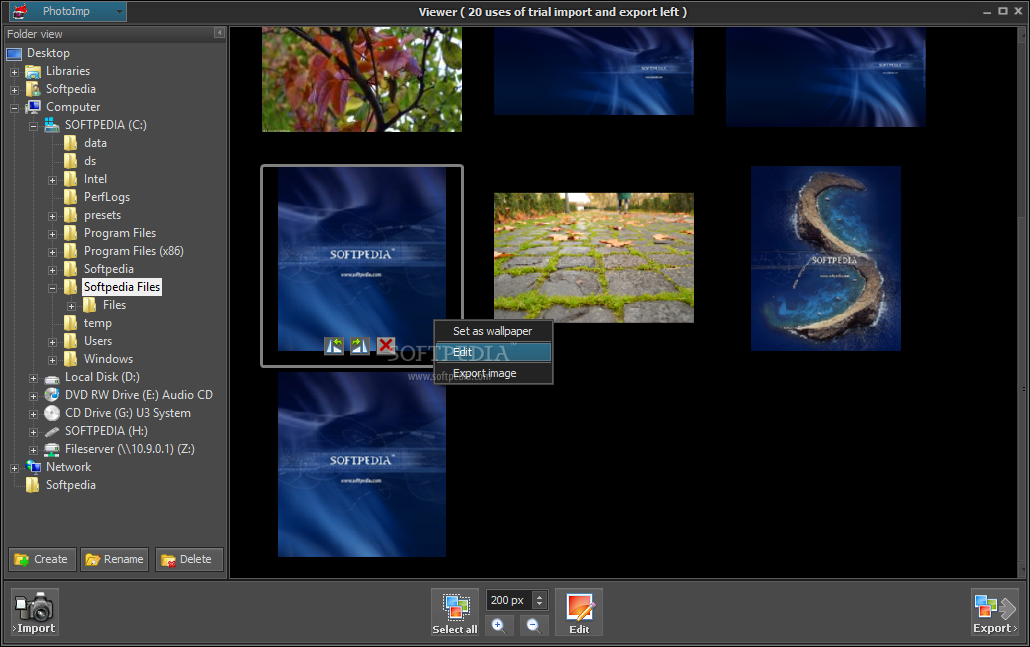Deejaysystem Audio Mk-II is a MP3 & Audio software developed by Deejaysystem. After our trial and test, the software is proved to be official, secure and free.
Downloads > download Deejaysystem Video VJ2 Audio and video player. Fully functional evaluation copy. It stops working each 30 minutes and must be restarted to continue. Deejaysystem Video VJ2 version 3.5.0 / 2013.03.19 Deejaysystem Video VJ2 Portable version 3.5.0 setup free - Create a new folder, unzip & run K-Lite Codec Pack Standard (recommended) version 9.95 Contains codecs for the most popular video and audio formats. Surahoi namoz bo tochiki. Use the default install options. Deejaysystem Audio Mk2 Audio player.
Fully functional evaluation copy. It stops working each 30 minutes and must be restarted to continue. Deejaysystem Audio Mk2 version 1.9.1 / 2008.06.27 Deejaysystem Mk-I, now free! Simplified Mk2 version. Unrestricted and fully functional!

This version emulates a single deck that can be configured to use one single soundcard. Multiple instances can be opened simultaneously and work together. Deejaysystem Mk-I release 5a NOTE: if you experience keyboard problems with this version try enabling the compatibility mode (right-click djs.exe > Properties > Compatibility) Old (historic) versions Some users requested these versions, either by their nostalgic value or because they're still using them. Now these versions are freely available with their source code. (289 Kb) - First public release of Deejaysystem ever.
The files 'leeme.txt and 'history.txt' (in Spanish) contains funny and interesting comments from the author on the beginning of the project. Includes source code for Borland C++ Builder 1.0. (540 Kb) - First version with real professional capabilities, precursory of Mk-I. Full Denon DN2000F emulation.
Source code for Borland C++ Builder 4.0 available. NOTE: These versions are offered just as they are, and with absolutely no guarantees nor technical support neither on the software nor on the source code. If you need more information please check out the 'readme' files, the help file, and the comments in the source code.
